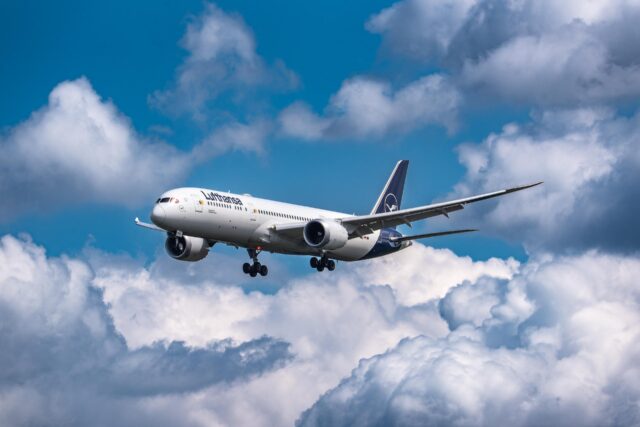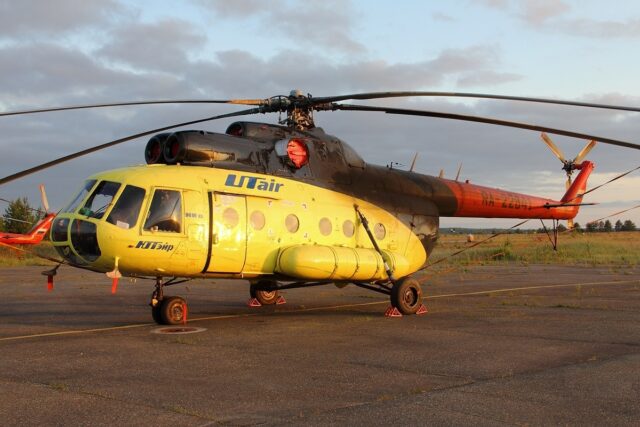AI set to transform aerospace manufacturing, but human expertise will remain essential

September 14, 2025

Robots and artificial intelligence may be the future of building and maintaining aircraft, but humans are not going anywhere.
A major new study shows that even as aerospace companies invest heavily in automation and digital technologies, human expertise will still play a central role in keeping the skies safe and the industry moving forward.
According to Tata Consultancy Services’ (TCS) Future-Ready Skies Study 2025, aerospace leaders expect AI to transform everything from manufacturing to supply chains by 2035.
Yet they also believe that around 60% of production will continue to rely on people. In other words, the aircraft of the future will be built not by machines alone, but by humans and AI working side by side.
AI in aerospace manufacturing: automation with humans in the loop
The study, which surveyed 323 senior aerospace executives in Europe and North America, found that one in three believe AI-driven, real-time decision-making will be the single biggest force reshaping aircraft manufacturing by 2035.
Even so, the idea of “lights-out” factories—production lines running with no humans—remains more dream than reality. On average, executives expect only 40% of operations to become fully automated in the next five to seven years. The rest will continue to need the judgment, problem-solving and oversight that only skilled people can provide.

“Ambition in aerospace has always been defined by precision and safety,” said Anupam Singhal, President of Manufacturing at TCS. “Today, ambition is being redefined as AI moves from supporting operations to shaping enterprise strategy. But the future is not AI versus humans. It’s AI with humans.”
Aerospace supply chain resilience and AI adoption
One of the most pressing challenges revealed by the study is the fragility of global aerospace supply chains. Fewer than one in three companies said they could switch suppliers within 30 days if a key partner failed.
To address this, 63% of executives said they are ready to let advanced “agentic AI” systems manage supply chains, although only 6% are doing so today. It’s a sign that companies are willing to trust AI with critical operations, but still have a long way to go in actually applying it.
“Change only happens at the speed of trust, and that trust begins with data,” said Steve Lucas, Chairman and CEO of Boomi. “AI can only succeed when it’s built on a strong foundation of connected, reliable data.”
AI in aircraft maintenance, MRO and predictive analytics
Aircraft maintenance, repair and overhaul (MRO)—a market expected to be worth $137 billion by 2030—is also beginning to embrace AI. More than half of leaders in this sector expect to see returns on digital technology investments within five years, with predictive analytics and AI leading the way.

But a fully automated future still looks distant. Only 2% of aerospace executives expect maintenance processes to become entirely autonomous, from detecting a problem to fixing it, by 2030.
For most, scaling up digital strategies remains urgent, with 80% warning they will face higher costs and customer dissatisfaction if they fail to modernise.
Advanced air mobility driving digital transformation
The next wave of aviation—advanced air mobility (AAM), including electric air taxis and eVTOL aircraft—is also moving quickly.
Seventy percent of companies surveyed said they are already building commercial platforms. Surprisingly, public acceptance is seen as less of a hurdle than expected: only a third cited it as a major concern. Instead, infrastructure and regulation remain the bigger obstacles.
The future of aerospace: human-AI collaboration
Overall, the Future-Ready Skies Study 2025 paints a picture of an industry preparing for massive change while keeping one foot firmly on the ground.
Aerospace companies are investing in AI, robotics, and digital twins to modernise operations, but they are also clear-eyed about the continuing need for human skills.

With the global aerospace market expected to surpass $1 trillion by 2030, the stakes are high. The sector’s future will not be defined by machines alone, but by how well humans and AI work together to deliver safer, smarter, and more sustainable skies.
For TCS, which has decades of experience in the sector, the opportunity lies in helping aerospace players build these human-AI hybrid systems. From digital engineering to supply chain resilience, the consultancy says its role is to help the industry adapt quickly and “shape skies that are bold, transformative, and future-defining.”
The message is simple: AI may be ready to take off, but it will be humans who continue to keep aerospace flying true.
















